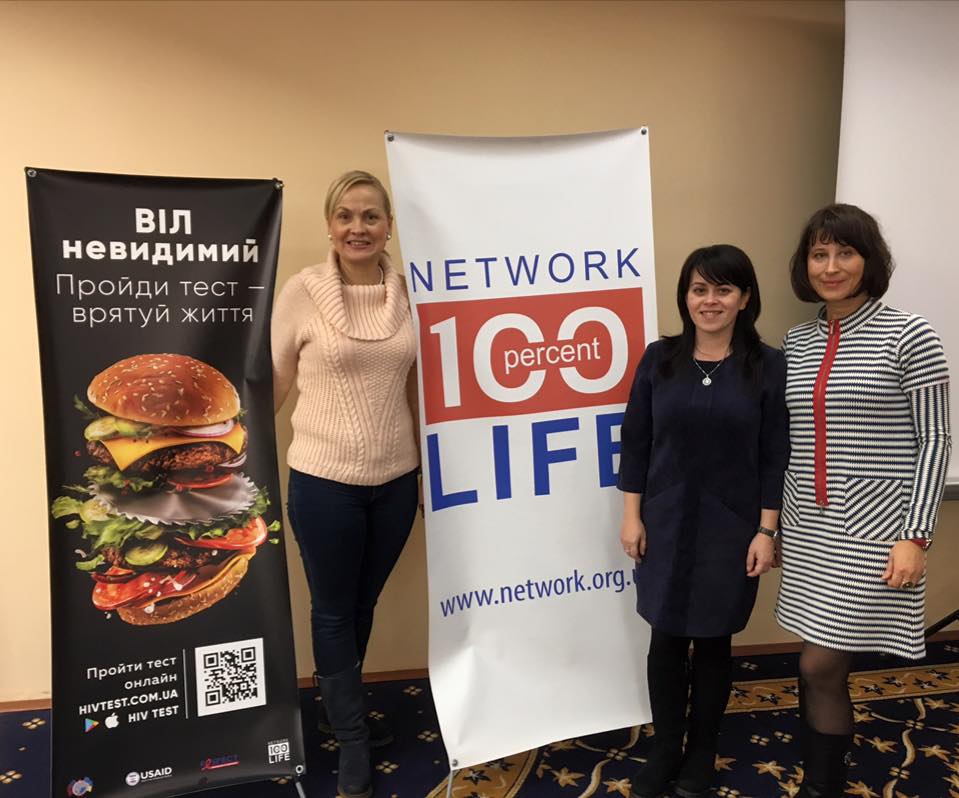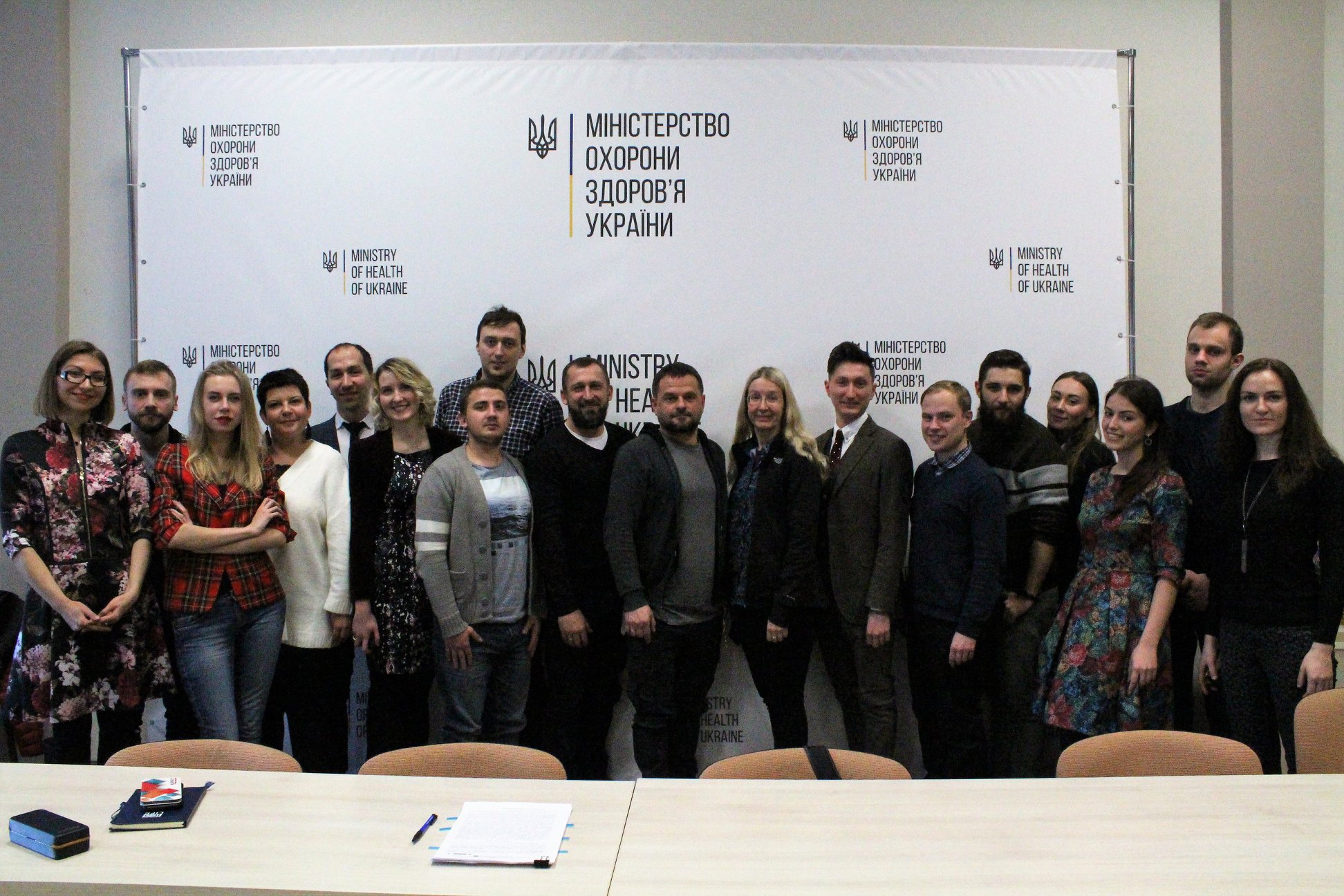The network in a consortium with partners from the Eastern Europe and Central Asia region has submitted a joint application for funding to the Global Fund
On April 27, a consortium of regional EECA organizations — the All-Ukrainian Network of PLWH, the Public Health Alliance, the Central Asian Association of PLHIV and the Eurasian Key Population Health Network, together with technical partners, TB People, as well as partners in Belarus, Georgia, Moldova, Kazakhstan, Kyrgyzstan, Tajikistan, Uzbekistan and Ukraine have submitted to the Global Fund a joint application for financing the regional programme on HIV services sustainability for EECA key groups.
The application has been developed as a result of intensive dialogue between the key stakeholders in the region, in consultation with regional community networks, the Balkan colleagues, and TB stakeholders who also submitted a regional application.
The application provides a valid answer to the EECA’s key question: where, how, and what services are to be financed for key groups with the Global Fund leaving in order to affect the dynamics of the HIV/AIDS epidemic in the region? A calculation of potential savings was proposed based on the real experience of budget advocacy and implementation of partners from among the consortium member states, due to optimizing the most costly and often (in the EECA region) overstated item of government spending for HIV, i. e. drugs procurement, that would save at least USD 188 million annually for procurement of drugs.
The consortium’s calculation of an optimized package of interventions for 90% representatives of risk groups in the project countries costs USD 157 million per year, taking into account human rights interventions and gender-responsive approaches. Thus, a real transition path with a focus on maximizing the effectiveness of interventions for the cascade of key groups in EECA has been proposed.
The programme is submitted by the partnership from community organizations, as well as civil society, government partners, and technical partners. Almost all partners are located in the EECA countries and are executing advocacy and implementation programmes and know well how to change the regional context in practice. The partners consider the application to be the last chance for the implementation of game-changing strategies in the region, those should be focused as much as possible on the goals of transition and cascade, taking into account the rights and gender characteristics of the key groups.


